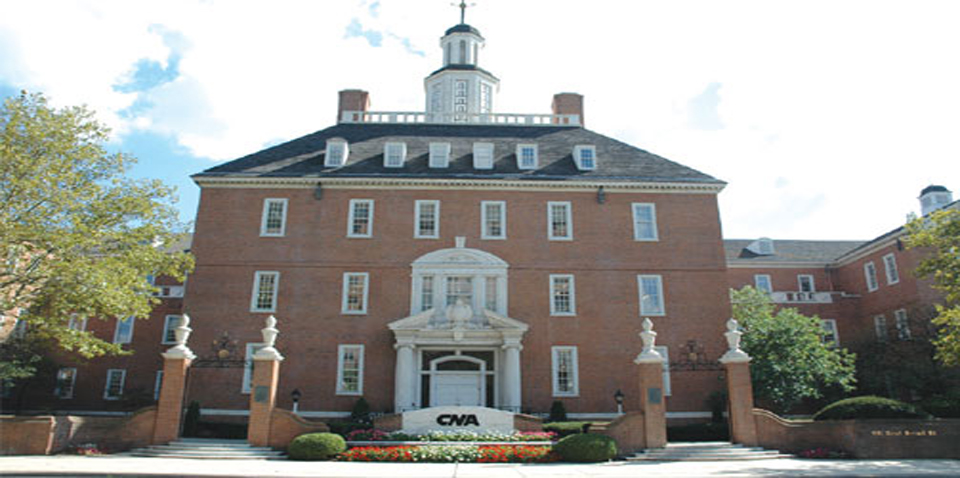Application of masonry water repellent (also known as masonry sealers or sealers) for exterior masonry facades of buildings is quite common but not always necessary.
Most modern buildings made of masonry (such as brick, block, concrete, cultured or synthetic stone, stone, stucco, and exterior insulated finish system (EIFS)) layed and/or pointed with type n, o, or m mortar need periodic cleaning of the masonry and sealing of the masonry. Quite often the sealer is primarily used to seal the mortar joints in the masonry but it will need applied to the entire masonry surface.
Typically, most good water repellents will last for approximately ten years or more. In fact, most masonry water repellent manufacturer’s will provide a ten year material warranty for their products as well on a fairly large commercial or industrial building application as long as a certified and trained applicator/contractor performs the application of the masonry water repellent. Unfortunately, manufacturers do not provide warranties on smaller projects such as on a home – that is, the residential market.
On older or historical masonry, it may not be prudent to apply a water repellent or sealer to the original masonry walls. It is usually recommended that if the original mortar is lime based and/or a historical mortar with self-healing properties due to the composition of the mortar(s), then usually a masonry water repellent application is not advisable. However, much depends on the condition of the masonry itself and each project needs to be treated on a case by case basis. For instance, a professional should be hired to determine the following:
-
The original masonry is in good condition with very few spalls, voids, cracks, etc. and
-
Perform a simple water intake test using a Ryland or Karsten Tube Test Kit (any professional applicator and/or manufacturer’s representative will have one of these kits) to determine if the masonry units/walls are holding most of the water out of the wall, even on high wind-driven rains. These scientific water intake tests calculate water intrusion and simulate wind-driven rains up to 72 mph and are very accurate.
On some occasions, older historical structures may require a masonry water repellent for various reasons. Some of these reasons may include the following:
-
Lack of funds to adequately repair masonry, including tuckpointing hairline cracks and small voids in the mortar joints,
-
Not being able to use the proper materials to match existing original historical mortar as some materials may not be available and/or materials cost too much, etc.,
-
Need for a temporary repair or short-term fix, not really a long-term solution,
-
A specific type of mortar that is prone to water intrusion,
-
There is an active leak and all other remedies have been tried and the leak must stop,
-
The owner simply wants to do so and the owner, that is customer, gets what he wants.
Bear in mind, the manufacturers of masonry water repellents will only warranty their products, in most cases, up to 72 mph wind-driven rains and for only periodic downpours. There is no masonry water repellent on the market that can and will stop all water from intruding through the masonry no matter what the circumstances. Thus, on rare occasions, water may still get in the masonry walls in spite of the fact that the masonry is sealed.
Before deciding whether or not to apply a masonry water repellent on your masonry facade(s), you should contact a professional masonry water repellent applicator/contractor in your area. Allow them to analyze your specific situation and determine if a masonry water repellent will be helpful in protecting your masonry and what type of water repellent will be best for your application. Often times, the applicator will rely on his/her chemical (water repellent) representatives for an even better recommendation than the applicator can provide as the representatives are highly trained in this area. After all, as the old saying goes, “Two heads are better than one”. You should always do a sample test area with a masonry water repellent, time permitted, before moving ahead with full application.
Where can you find a qualified masonry water repellent applicator? Check with your local BBB for A+ Accredited Masons or Masonry Contractors, then cross reference Angie’s List and seek “A Rated” companies, visit Google + (Plus) Pages, visit companies websites and look for testimonials, articles, news about your issue(s), clients, projects, etc. You may even try LinkedIn professionals that have lots of recommendations and endorsements and active members of local building trades and professional organizations like BOMA, IFMA, IREM, etc.
Mark Huffer is President of Utmost Consulting and Utmost Renovations. He is a leading authority on Building Restoration and Historic Preservation.
Publishing Rights: You may republish this article in your website, newsletter, or book, on the condition that you agree to leave the article, author’s signature, and all links completely intact.




